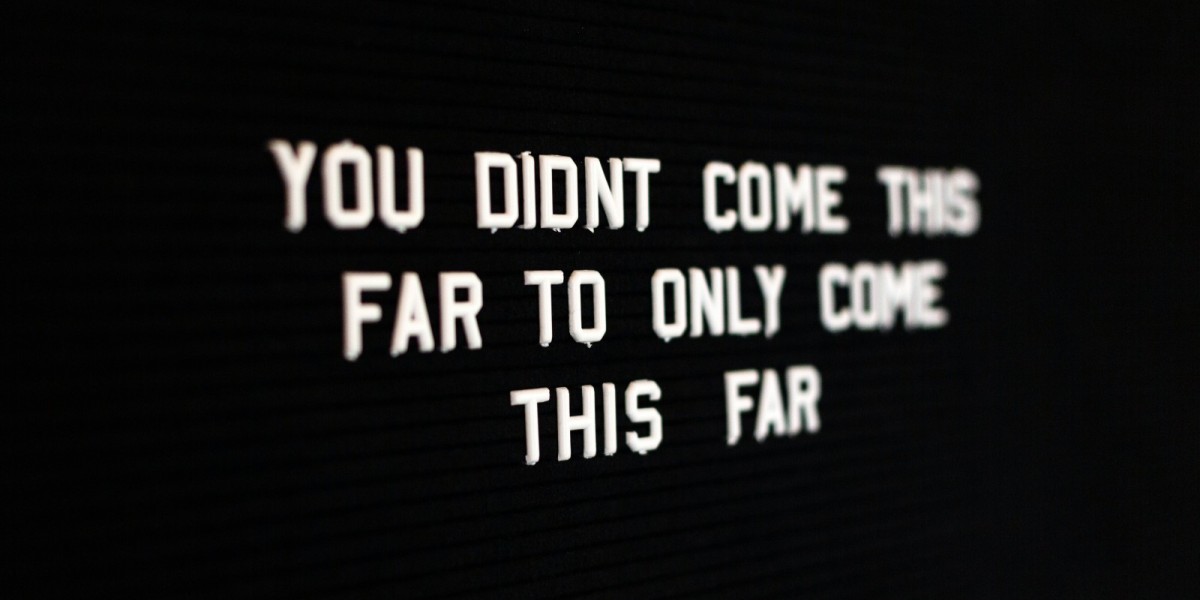My Coach Is My Manager
| https://youtu.be/SsvMVQw1-yo |
Hi, this is Bill Chan again with The 5 Elements of a Fulfilling Life at 5Element5.com, and I'm also a health coach.
In previous years, I have been a corporate trainer for 28 years.
I'm still a corporate trainer and used to travel around Asia delivering training for companies like Microsoft, L'Oreal, Cisco, and all these multi-intranational companies.
I've done some classes in Australia, Europe, and US. One of the most significant problems we're facing in this era, post or during the coronavirus, is the excellent resignation era, right?
We are having a crisis in keeping and recruiting talents; why are we having such a difficult time?
One of the key reasons is that in the millenniums, the new generation doesn't want managers anymore, they want to be coaches, and they want leaders that use a coaching style to lead them.
This is directly linked to a motivational theory called Self-Determination Theory by Ryan and Deci, this whole theory revolves around three elements; one is autonomy people have to make their own decisions, two they feel a sense of relatedness to the company as well to the people they work, and three is competency they need to complete the job effectively.
Now we need to train our people and create a sense of belonging in our staff, but beyond that, we need to give them that freedom we need to coach them.
Now in coaching, one of the fundamental principles is that your client is whole and resourceful.
They are resourceful, and also they're competent to handle and come up with their solutions, so when we are coaching our clients and which could be our staff or subordinates, we have to believe, we got it to think that they can come up with their answers, their solutions to the problem.
And nowadays, that's what the younger generations want; they want that freedom.
You give them the results you're looking for, and they get to decide how to achieve that result.
Just like coaching, you need to give your clients the answers. You stimulate their responses by using questions and deep active listening, having empathy for their situation at hand, and helping them develop their solution.
So at the beginning of the coaching section, we always ask the client what you want, what they want to get out of this coaching section, and what the goal is. Then we work through the process by helping them come up with the reasoning that they want, why they want to resolve this issue, how they want to resolve the issue, when they want to solve the problem, take action steps, and then giving a commitment at the end, what type of support they need. When they'll start acting on it, how important is that for them, and what the result looks like at the end of the day?
We get that all out of our clients; they do the heavy lifting, they come up with all the answers, and all we do is listen, reflect on them, give them feedback, and then help them to come up with the solution by questioning.
So at the end of the day, your client has the responsibility to come up with the end product because they thought of it; it's their idea, right it's not yours, so they will put more effort into achieving it.
Now the whole coaching section revolves around the client.
As the focal point is not you, the manager, and most of the changes that we help them go through happen between coaching sections, not during the coaching section.
When they go back and apply what they have committed to, they see the results, wgivingthem more confidence to come back and look for higher challenges.
So coaching is a great way to work with your subordinates to develop their ideas and polish their skills; instead, from a project or other issues, they transfer the skills to their own.
These are the same skills they will transfer to other issues that confront them later at work and in their private life.
You can use coaching with your subordinates, with your family, with your kids, or with staff. So managers, please practice your coaching skills to help your people develop and be independent. Thank you


